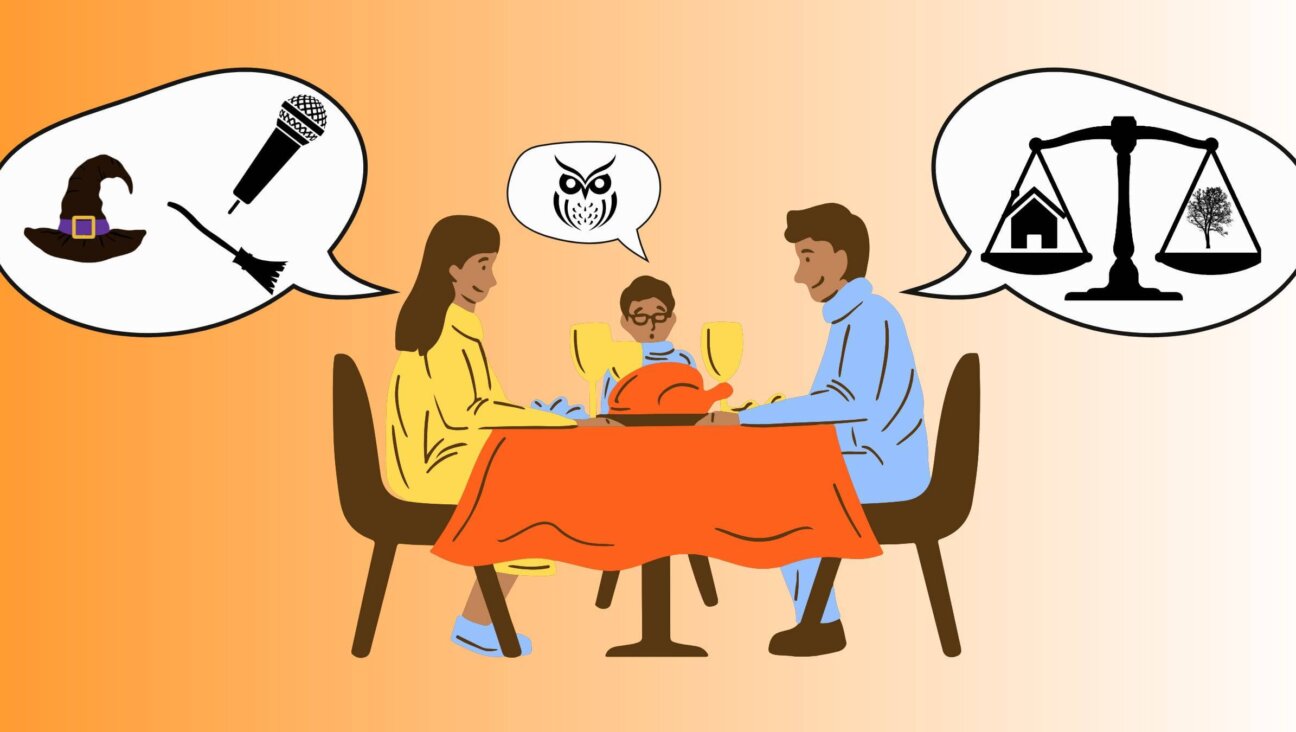Looking for the Next Philip Roth

Aaron Berkowitz on left, Ariel Stein on right
Last July, the Jewish Literary Journal (JLJ) celebrated its first anniversary.
A year ago, co-founders and now editors-in-chief, Aaron Berkowitz and Ariel Stein, graduates of Yeshiva University and the University of Pennsylvania, respectively, realized that there wasn’t an outlet specifically designed for Jewish writing, and so set out to create their own.
“We saw one or two journals. They weren’t timely. We hadn’t heard of them before,” Stein said during a phone interview. “We wanted something that would be current, publishing online and publishing often.”
The JLJ publishes short fiction and non-fiction, and poetry. Most of the narratives revolve around Judaism and Jewish customs, but occasionally the Jewish angle is not emphasized at all. Each issue usually comprises of one or two pieces of fiction, one creative non-fiction, and anywhere from one to three poems. Authors are often free-lance writers, and come from a variety of backgrounds.
Stein and Berkowitz fund the journal themselves and edit around their full time jobs. Stein is a research specialist at the Cohen Center for Modern Jewish Studies at Brandeis University, while Berkowitz just finished teaching middle and high school writing, and will be starting his Masters of Fine Arts in Creative Writing in Poetry at Sarah Lawrence College later this autumn.
According to Berkowitz and Stein, the Jewish Literary Journal receives all kinds of submissions. Recently, people have been submitting visual art and photography, alongside their staple supply of writing.
Over the course of their first year in publication, they received a healthy supply of works. “We were getting submissions all over the country and all over the world.” Jokingly, Stein assured, “It wasn’t just our friends.”
For their anniversary, they celebrated with a different version of their journal. For the first time, they gave writers a paid incentive to submit to the Jewish Literary Journal. They provided the prize money, and asked authors to submit pieces that centered on the theme of creation and building.
Still, the road to their first anniversary was not smooth. Over the course of their first year, Stein and Berkowitz learned not to expect anything. “You’re not going to get a Pulitzer Prize,” Aaron explained. “When we started off we didn’t know if we would get any submissions,” Stein added.
But submissions they did get. “I’ve felt the pain of turning away quality submissions,” Stein said. Unfortunately, even if a good piece was submitted after the deadline, the editors-in-chief had no choice but not to include it in the issue for that month
Complications arose when Stein had to relocate to work, and Stein and Berkowitz had to figure out a new type of working relationship through phone and e-mail to maintain the Journal.
In the future, Stein and Berkowitz hope to expand the journal to include more art pieces and provide an outlet for interaction between readers and authors and artists, such as readings or galleries. However, right now they’re strictly an online journal.
Stein and Berkowitz welcome any submission that showcases the Jewish experience.
“Jews as a people have always been writers,” Berkowitz said. “Creative writing as a whole is important to define what it means to be Jewish.”
A message from our CEO & publisher Rachel Fishman Feddersen

I hope you appreciated this article. Before you go, I’d like to ask you to please support the Forward’s award-winning, nonprofit journalism during this critical time.
We’ve set a goal to raise $260,000 by December 31. That’s an ambitious goal, but one that will give us the resources we need to invest in the high quality news, opinion, analysis and cultural coverage that isn’t available anywhere else.
If you feel inspired to make an impact, now is the time to give something back. Join us as a member at your most generous level.
— Rachel Fishman Feddersen, Publisher and CEO























